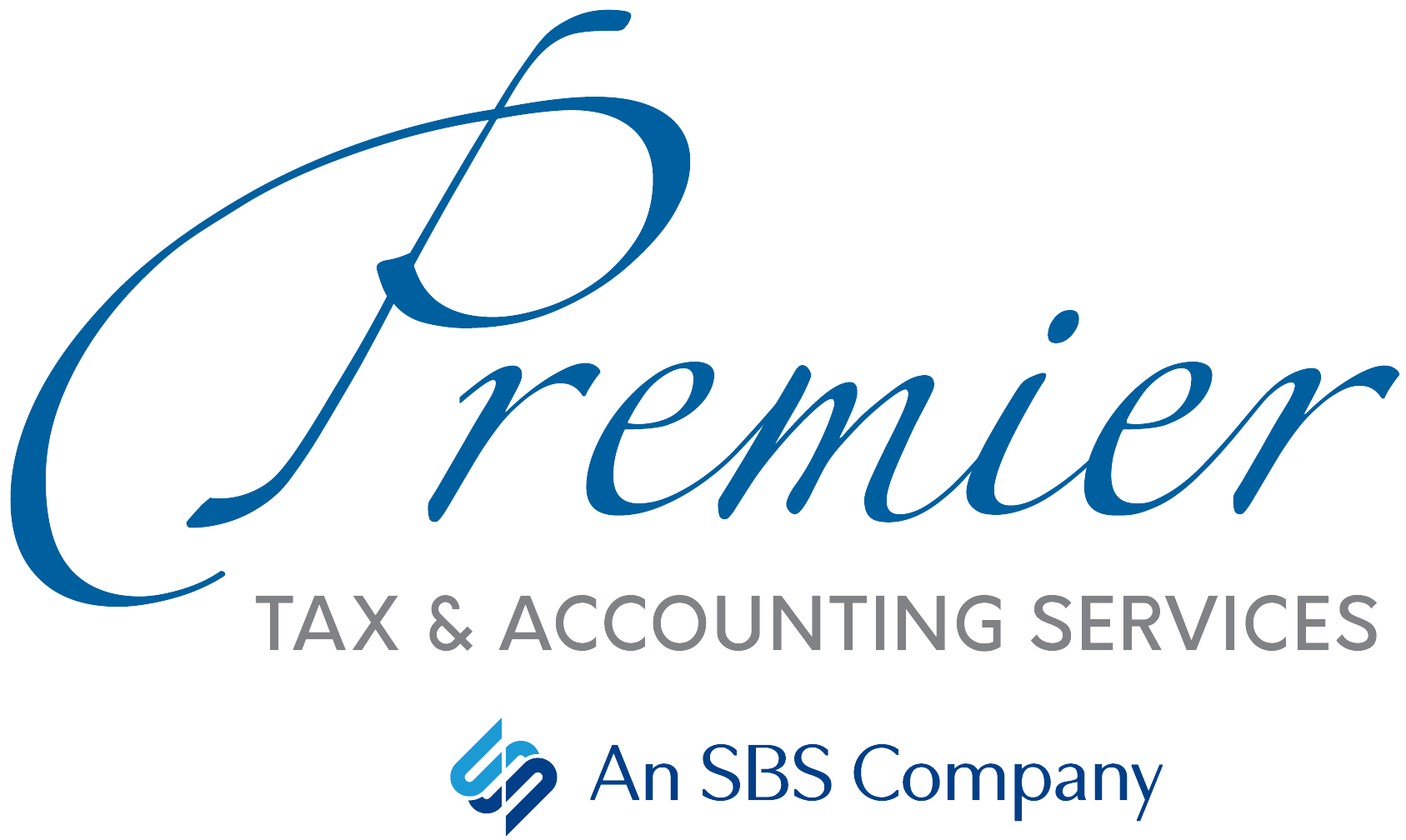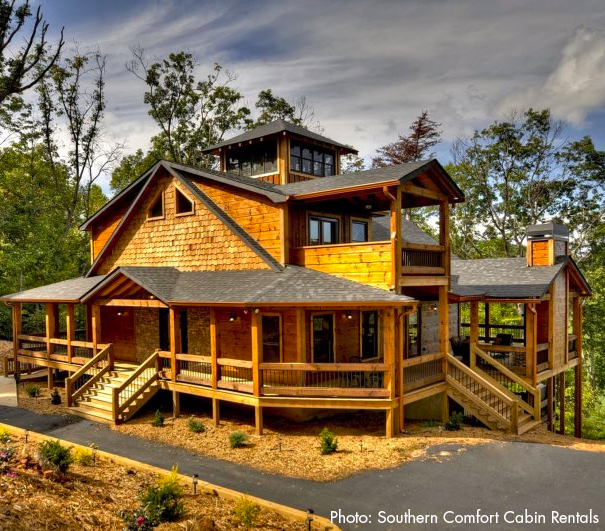When you own rental property, your best tax deduction is usually depreciation. Unfortunately, the depreciation period for residential rental property is 27.5 years. That’s a long wait to deduct the full cost.
Fortunately, there is a way to speed things up. In fact, you may be able to deduct the cost of your rental property in a single year using a provision called first-year expensing, or Section 179 expensing.
Even better, landlords can now use Section 179 expensing to deduct the cost of personal property purchased for use inside rental units (e.g., kitchen appliances, carpets and drapes). For example, if you spend $3,000 for a new stove and refrigerator for a rental unit this year, you may be able to deduct the entire amount with Section 179 expensing.
You can also use Section 179 to deduct property not located inside your rental buildings.
For example, if you spend $1,000 for office furniture for the office you use in your rental business, you may be able to deduct the entire amount in a single year using Section 179. Eligible property also includes:
- computers and software,
- cell phones and office equipment,
- cars and other vehicles, and
- maintenance equipment such as lawnmowers.
Used properly, Section 179 expensing could be a big break for many cabin rental and lodging businesses in Fannin County! That said, calculating the most beneficial depreciation strategy for your business can get a bit tricky, so I hope you’ll set up some time to talk. Just call 706-632-7850 or email me for an appointment — and we’ll walk through the options.
Term of the Week:
Above the Line
In business, “above the line” refers to all revenue generated and expenses incurred by a business that have a direct impact on profits (the bottom line). So, the sale of goods and the associated cost of goods sold are considered to be above the line — and are reported on an organization’s income statement. The term does not refer to other activity that only impacts the financing or cash flows of the business.



